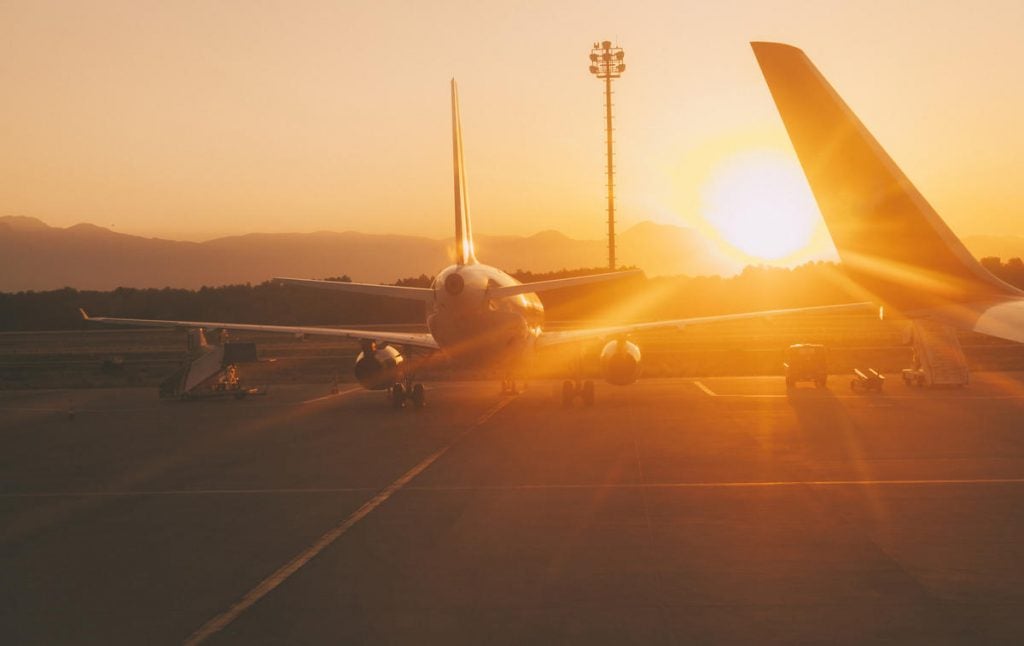CORSIA: 5 reasons why the ICAO Council shouldn’t move now to rewrite the rules of its aviation climate program

The International Civil Aviation Organization’s (ICAO) Council is meeting through June 26, and Council members have been asked to make a decision at this session that could undermine the agency’s flagship climate program.
ICAO’s Carbon Offsetting and Reduction Scheme for International Aviation (CORSIA) requires airlines to offset emissions above a baseline set at the average of 2019-2020 emissions. However, the International Air Transport Association has asked the ICAO Council to change the baseline to reflect only 2019 emissions, citing the unexpectedly low aviation emissions in 2020 due to COVID-19 and concomitant potentially greater offset requirements for the industry.
Airlines have taken a massive hit due to the pandemic. They argue that they need to escape CORSIA requirements to save money. But hastily rewriting the fundamental structure of the industry’s market-based program to address airline carbon emissions would be penny-wise and future-foolish. Even as airlines are publicly touting their commitment to “sustainability measures like carbon offsetting,” the rule rewrite they are seeking behind the closed doors of the Council would give them a free pass to pollute with no offsetting requirements for three to five years or more, according to analyses by Environmental Defense Fund and other experts.
EDF is calling on the ICAO Council not to move now to change the rules of CORSIA. Deciding, at this Council session, to change the baseline year for CORSIA to 2019-only:
- Would be unnecessary. CORSIA has a built-in flexibility provision that lowers airlines’ offset obligations in its first three years. Airlines are allowed to calculate their carbon offsetting obligation with respect to 2020 emissions rather than their (presumably greater) 2021, 2022 or 2023 emissions.
- Would be hasty. Countries should wait to see the shape of the world’s recovery and the aviation industry before considering a rule change. Prominent Members of European Parliament wrote that instead of making a rash decision now about CORSIA’s baseline, it’s “wiser to wait” and to see how a post-COVID air travel scenario plays out. CORSIA’s rules call for ICAO’s Assembly to review its rules after the first three years (2022). Countries can determine at that time whether a baseline adjustment is necessary.
- Would postpone the start of the climate program by eliminating, in practice, CORSIA’s pilot phase. EDF analysis shows that under most post-COVID growth scenarios, changing the baseline would delay CORSIA’s start for 3-5 years. This would effectively eliminate offsetting airline obligations until potentially 2028 or later. That’s a 30 year gap from when governments first tasked the aviation sector to take action to reduce its climate emissions.
- Would bring uncertainty into a climate program designed around a functional carbon market. In a letter to ICAO, major environmental groups and carbon market stakeholders argue that changing CORSIA’s baseline would damage the credibility and long-term stability of CORSIA as the uncertainty of changing rules would put off long-term investors.
- Would call into question ICAO’s leadership on climate change and raise concerns about whether ICAO’s 36-member Council has the legal authority to change rules set by ICAO’s 190+-member General Assembly, which wrote the original CORSIA rules in 2016 and affirmed them in 2019.
Countries at ICAO’s Council meeting this month should not make a hasty change to CORSIA’s fundamental structure. Instead, they should ensure the integrity of ICAO’s climate program by leaving the baseline as the average of 2019-2020 emissions. They should emphasize to participating countries the availability of CORSIA’s pilot phase flexibility mechanism, and work with the other ICAO Member States to evaluate whether, at their next Assembly in 2022, changes to CORSIA are needed.
Update (June 26, 2020): the International Coalition for Sustainable Aviation (ICSA) sent a letter to the ICAO Council president and Council member urging them not to change the CORSIA baseline. ICSA is the only environmental civil society group accredited as an observer by ICAO. EDF is a member of ICSA.










